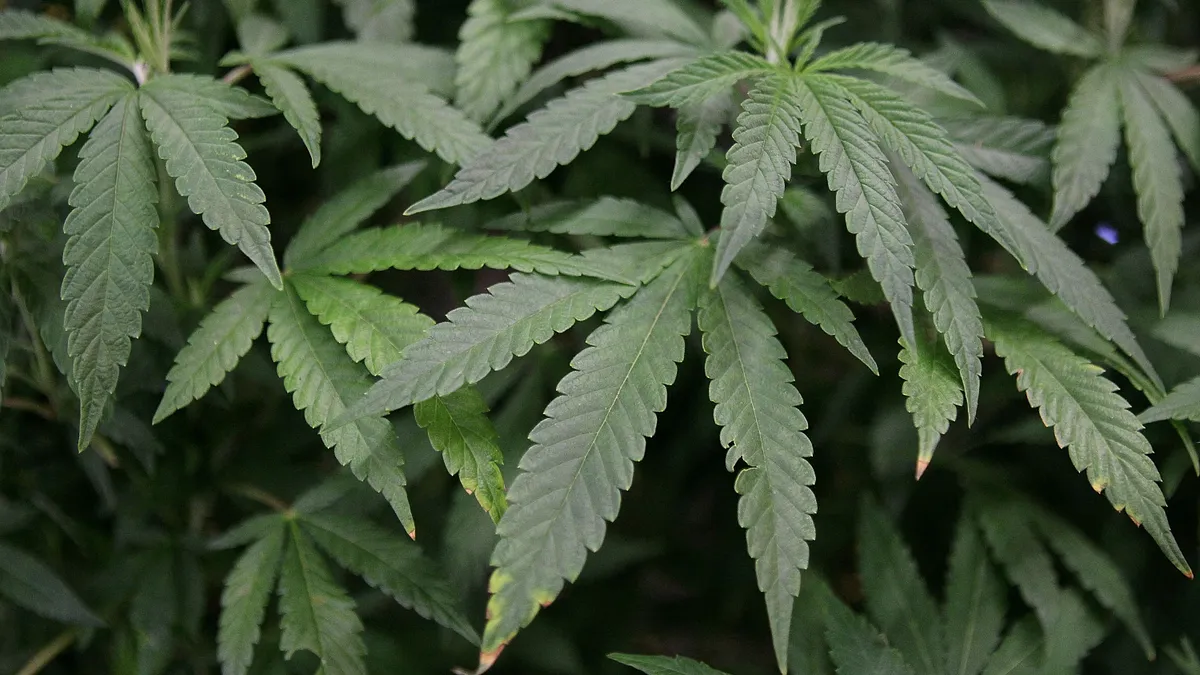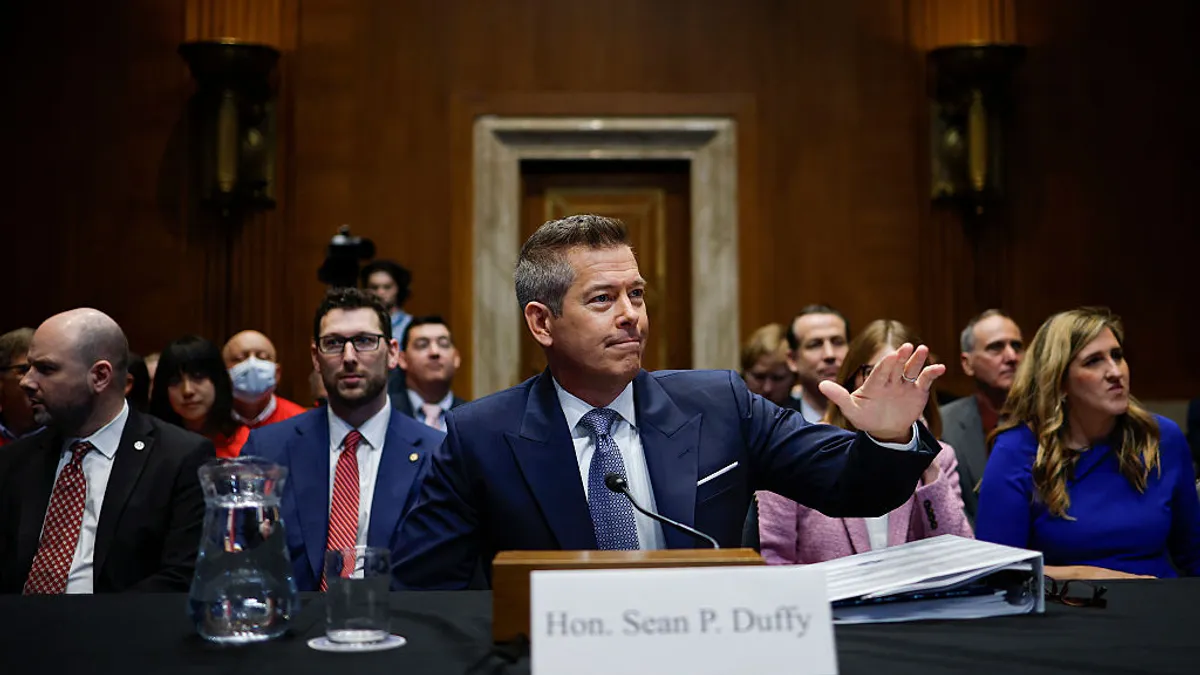Karina Karassev is the COO of Responsible Cannabis Use. Kimberly Harding is a partner at Nixon Peabody.
Now that 1 in 3 Americans lives in a state where cannabis has been legalized in some capacity, U.S. employers must quickly adjust their policies and practices regarding cannabis in the workplace. As employers navigate the changing landscape of regional cannabis laws, we've compiled the most common pitfalls so employers can learn from and avoid businesses' prior mistakes — and the potential employee litigation that may ensue as a result.
Misunderstanding the interplay between state and federal legalization
Although the degree of cannabis legalization varies, most states have now adopted some form of legal protection for medical use, recreational use or both. For example, the New York law now goes so far as to specifically protect an employee from any adverse action or job discrimination based on the legal use of consumable products, including cannabis (provided the employee is not impaired at work, and such use occurs outside of working hours and off employer property). This means that employees are entitled to consume cannabis outside of the workplace (similar to the way most employers permit employees to consume alcohol) without facing any adverse repercussions at work.
Notwithstanding New York's protections for recreational cannabis use, many New York employers continue to mistakenly rely on the federal laws that criminalize cannabis use and possession to deny employment to applicants or terminate current employees for off-duty, off-site use of recreational cannabis in violation of New York law. Similarly, many employers (in New York and elsewhere) subject to the Drug-Free Workplace Act erroneously believe the statute prohibits off-duty cannabis consumption, despite the fact that its prohibitions would be limited to the "unlawful manufacture, distribution, dispensation, possession, or use [of cannabis] in the person's workplace."
Further complicating the matter is that not every employee in a state where cannabis has been legalized is entitled to the protections of that state's laws. Specifically, the U.S. Department of Transportation continues to prohibit the use of Schedule I drugs, including cannabis (THC), by employees in safety‐sensitive positions for any reason, even if the person has received a lawful medical license for cannabis in the state in which they reside.
Therefore, it is critical for employers to first understand which laws apply to their workplace (and to what extent) and update policies accordingly. Particularly where the employer is subject to federal laws prohibiting cannabis use that may be inconsistent with their state's legalization of cannabis use, employers are encouraged to consult with counsel to understand their rights and responsibilities, and those of their employees.
Not understanding drug-testing methods and protocols
Employers operating in states that have legalized cannabis and are not subject to federal regulations requiring drug testing should consider ceasing any pre-employment drug testing for cannabis to avoid potential lawsuits and discrimination claims. For instance, Amazon recently discontinued drug-testing after it was sued by a New York job applicant who alleged he was wrongfully denied employment due to a drug-testing procedure that did not evolve with the recent change in New York's cannabis laws.
Drug testing for cannabis use during employment also may become problematic. Terminating an employee who tested positive for cannabis was once a fairly risk-free decision, but this is no longer always the case. To this end, most employers today use urine testing to identify cannabis use. Urine testing, however, determines only whether the employee used cannabis in the past couple days or even weeks; it does not indicate whether an employee is impaired at that particular moment. Urine testing, accordingly, may result in the unnecessary termination of employees who have engaged only in lawful, off-duty consumption and not violated any employer policy.
For example, a teacher in Florida, where medical cannabis use is legalized, was recently fired for consuming cannabis as a replacement for opioids to manage pain resulting from a fall. Although the teacher insisted all her cannabis consumption was off-duty, the use of urine testing appeared to have prevented any inability to either confirm her assertion or determine whether she was actually impaired at work and accordingly in violation of the school's policy and/or the Drug-Free Workplace Act.
To avoid potentially unlawful (or, at the very least, unnecessary) terminations, employers desiring to continue drug testing are encouraged to discontinue urine testing in favor of oral fluid tests, which seek to identify the presence of delta-9-THC (as opposed to Carboxy-THC, like urine tests), and accordingly are better-suited to identify cannabis use in the previous several hours and/or workplace impairment.
Skipping employee, manager education
In a legalized market, employers have a responsibility and a vested interest to educate employees on cannabis in the workplace. Simply ignoring the implications of the legalization of cannabis on the workplace or relying on strict drug testing are not viable long-term solutions. Workplace education is the most viable long-term solution to ensure employees and employers alike are aware of their rights and responsibilities.
First and foremost, employers must review and update their policies to ensure they are consistent with the evolving laws applicable to all regions in which they operate. Employers must then train employees (including people managers and HR teams) to understand their rights and obligations regarding employee use of both medical and recreational cannabis. In particular, these individuals must be educated regarding the rights of medical cannabis patients, including that they may be entitled to reasonable accommodations under certain state statutes prohibiting disability discrimination or discrimination against those with medical cannabis licenses. They also must learn to identify the physical, psychological and performance signs of cannabis impairment in the workplace: red eyes, poor focus and concentration, and change in work quality, to name a few.
That said, people managers and HR professionals must be further trained to look at the whole picture and not jump to conclusions from the appearance of just one of the many signs of impairment, as these symptoms may be attributable not to cannabis but, rather, other mental and physical factors, such as fatigue or the effects of certain prescription medications.
Laws and attitudes regarding cannabis are complex. Employers that are proactive about understanding their rights and responsibilities and adapting to cannabis legalization will be well-served as cannabis laws continue to evolve at both the state and federal levels.





















